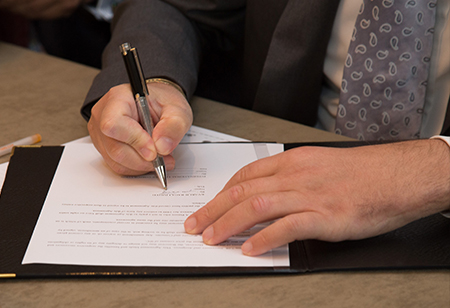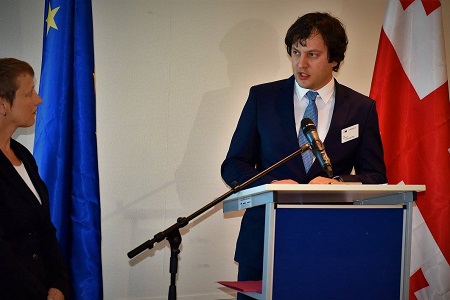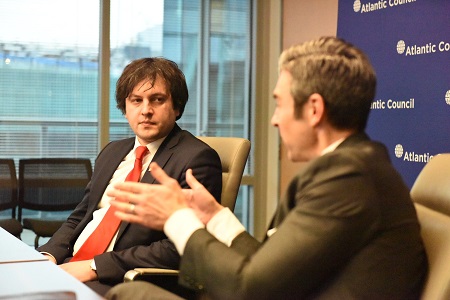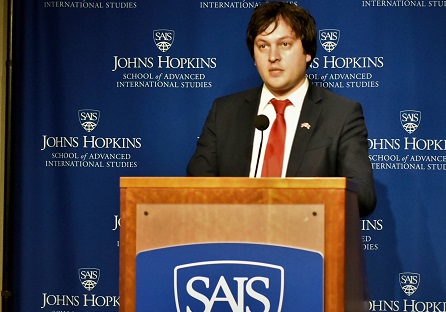Parliament Speaker: “Georgia is ambitious to take on higher level in PACE assessment”
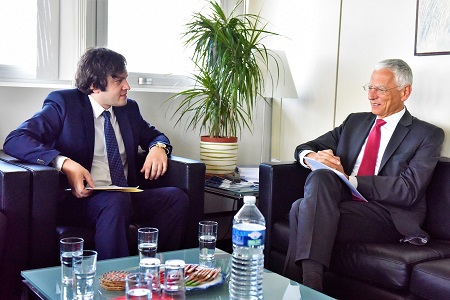
Georgia’s Parliament Speaker Irakli Kobakhidze, who is now in Strasbourg, is holding a meeting at the Parliamentary Assembly of the Council of Europe (PACE) and states Georgia has an "ambitious goal” to upgrade itself in the PACE assessment system.
Kobakhidze refers to Georgia’s current "monitoring stage” in the PACE assessment, which means PACE rapporteurs regularly visit the country to check the situation in terms of democracy and human rights.
We deserve to move to the post-monitoring dialogue from the existing monitoring level. We will very actively work for this and the reforms carried out in Georgia also serve this aim,” Kobakhidze told the Secretary General of the Assembly Wojciech Sawicki today.
The Parliament Speaker announced that one of the discussion topics with the Secretary General was the ongoing constitutional reform process in Georgia, which also serves the aim of "higher democracy and human rights protection.”

PACE holds its session in Strasbourg.
PACE helps Council of Europe member states to fulfill their promises to uphold the highest democratic and human rights standards, the PACE official webpage reads. The procedure works in four ways.
- Full monitoring procedure: This involves regular visits by a pair of rapporteurs, who conduct an ongoing dialogue with authorities, and occasional plenary debates to ensure that a state's progress and problems are honestly assessed. This currently applies to ten states (Albania, Armenia, Azerbaijan, Bosnia and Herzegovina, Georgia, Republic of Moldova, Russian Federation, Serbia, Turkey and Ukraine).
- Post-monitoring dialogue: States that have made progress may pass on to this stage, a less intensive procedure involving a limited number of remaining issues. This currently applies to three states (Bulgaria, Montenegro and "The former Yugoslav Republic of Macedonia").
- Periodic reviews: All other member states are subject to this process roughly every five to six years, which draws together information from all parts of the Council of Europe to arrive at an overall assessment of how far they are honouring their obligations and commitments to the organisation. This currently applies to 33 of the Council's 47 member states.
- Specific report on the Functioning of Democratic Institutions: Finally, the committee can prepare a report on the functioning of democratic institutions in any member state when particular developments warrant.
 Tweet
Tweet  Share
Share

